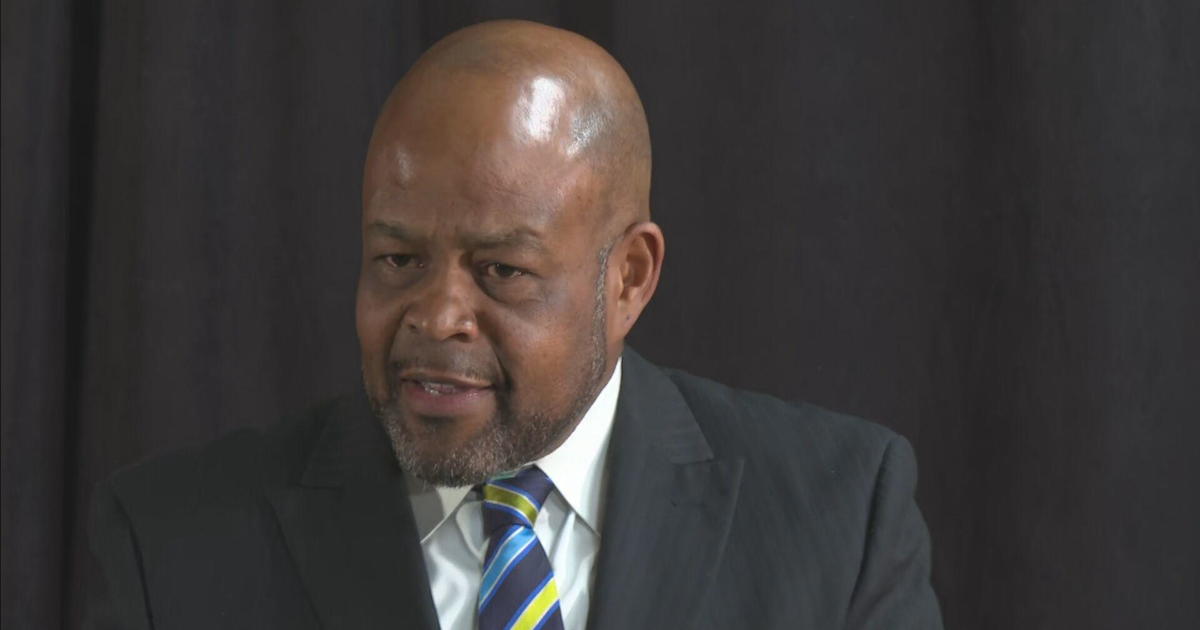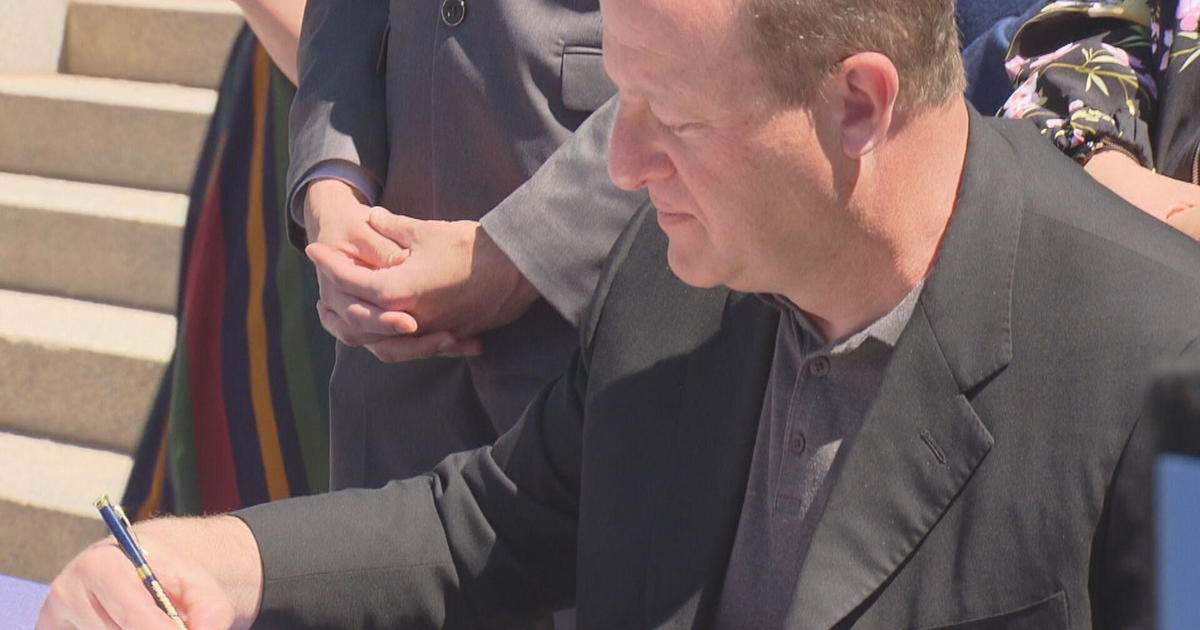Mental Illness Led To Colorado Theater Shooting, Doctor Says
CENTENNIAL, Colo. (AP) — Defense attorneys trying to spare the life of Colorado theater shooter James Holmes turned Monday to a court-appointed psychiatrist who previously testified for prosecutors that Holmes was legally sane during the 2012 attack but his mental illness led him to open fire.
Dr. Jeffrey Metzner's finding has not changed: He concluded that Holmes knew right from wrong when he killed 12 people and injured 70 others, therefore meeting the legal definition of sanity under Colorado law. But Metzner also says the attack would not have happened if not for Holmes' mental illness. The defense hopes that will persuade jurors to sentence Holmes to life in prison without parole instead of to death.
"Having psychosis doesn't take away your capacity to make choices. It may increase your capacity to make bad choices," Metzner testified Monday during the sentencing phase of the trial. "He acted on his delusions, and that's a reflection of the severity of his mental illness."
LIVE VIDEO: Watch The Trial Live At CBS4's Theater Shooting Trial Special Section
Metzner, who diagnosed Holmes with schizoaffective disorder, said he did not think Holmes went on his rampage to get notoriety or because of his longstanding hatred of mankind, which he described in a spiral notebook. Instead, Metzner said, Holmes' actions were "directly related" to delusions that killing people would increase his self-worth.
"I can come up with no other explanation for what he did," Metzner said.
Holmes knew what he was doing was illegal and that others would think it was wrong, Metzner reiterated in response to questions from District Attorney George Brauchler. The prosecutor brought up Holmes' statement that he did not want to date someone because he did not want anyone to be featured in news coverage as the girlfriend of a mass killer.
But whether Holmes knew right from wrong matters less now that jurors rejected his insanity plea and convicted him of 165 counts of murder, attempted murder and other crimes stemming from the July 20, 2012 shooting.
Jurors decided unanimously last week that the attack was cruel enough to justify the death penalty, but they must now determine whether Holmes' mental illness and other factors outweigh the gravity of his crimes. If so, Holmes would get a life sentence instead of execution.
Meanwhile, Holmes' lawyers asked the judge to question a dozen jurors who said they heard about the deadly theater shooting in Lafayette, Louisiana, last week. The defense feared some jurors might decide Holmes should be sentenced to death for possibly inspiring a copycat shooting.
Judge Carlos A. Samour Jr. determined they had learned little about Thursday's shooting that killed two and wounded nine others and could still be impartial.
The 12 jurors said they saw or heard about it through news reports or from friends or family but they quickly turned away or ended those conversations.
One woman acknowledged that she "wasn't thinking" when she skimmed an article about the Lafayette shooting. She mentioned it to her husband, who said he didn't bring it up because he didn't think she should know about it.
Another juror said she got a text from a friend about "another theater shooting." One said she turned off her radio after hearing a mention of the shooting on National Public Radio.
By Sadie Gurman, AP Writer
(© Copyright 2015 The Associated Press. All Rights Reserved. This material may not be published, broadcast, rewritten or redistributed.)



